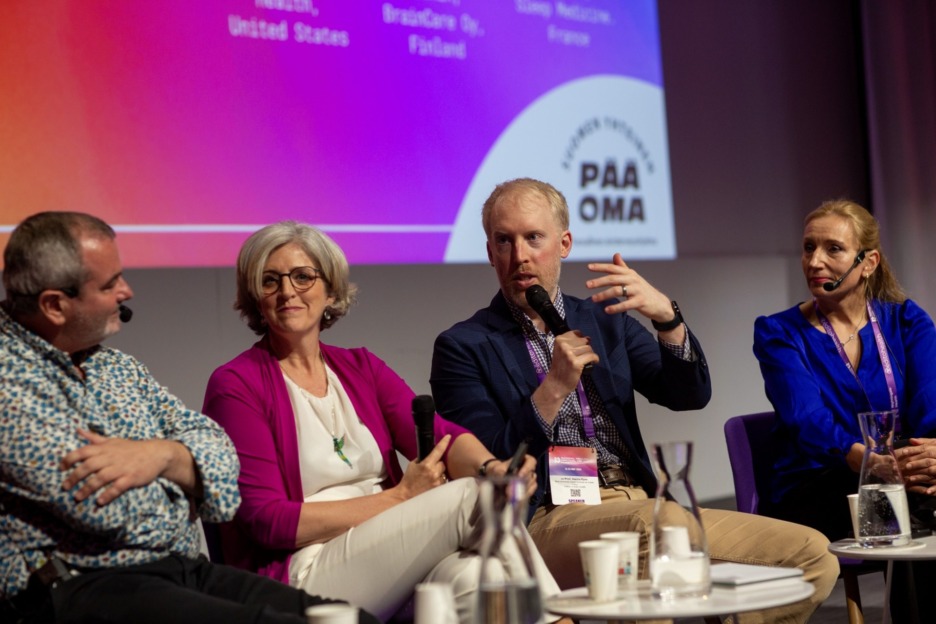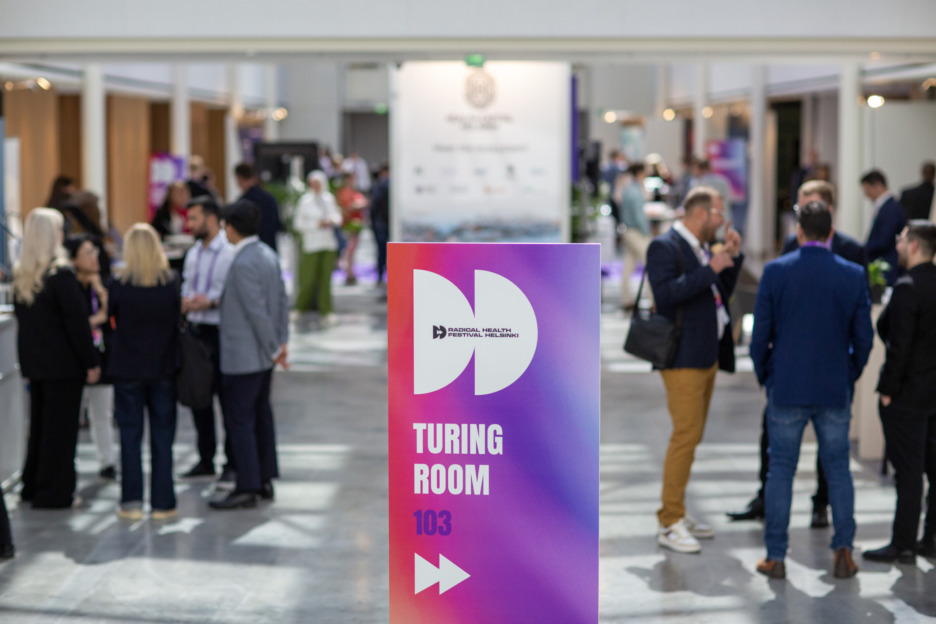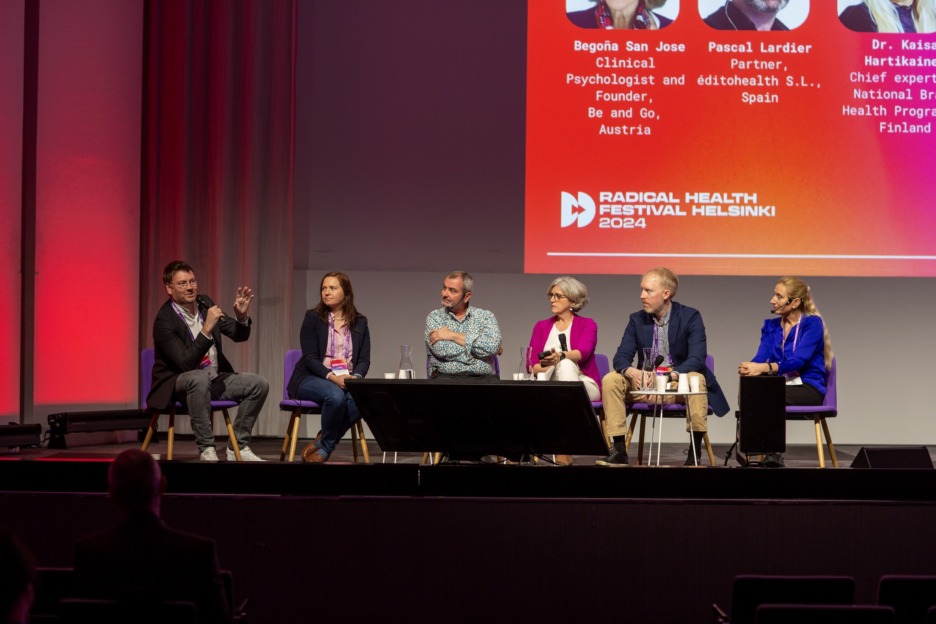Data – Lifeblood of a Precision Health System

Healthcare is rapidly evolving, and the transformation of traditional health systems into precision health systems is already on the horizon. Data is the essential force driving the development of precision health, enabling us to identify personalised risk factors, predict disease before it occurs, and deliver tailored interventions based on an individual’s unique biological, genetic, social, environmental, and lifestyle profile.
The precision health approach leverages data from various sources including medical records, genetic information, multi-omic data (such as genomics, proteomics, and metabolomics), lifestyle factors, wearable devices, environmental influences, and social determinants of health. Unlike precision medicine, which focuses primarily on personalised treatments for individuals after they have been diagnosed, precision health is proactive and aims to predict, prevent, or delay the onset of diseases and complications by generating insights and tailoring interventions based on an individual’s unique health profile.
To implement precision health effectively, large amounts of data are crucial. Identifying meaningful patterns—like subtle genetic variants, environmental exposures, and lifestyle factors that influence health—requires high-volume datasets spanning a wide range of individuals. This ensures accuracy, reliability, and applicability across diverse populations, ultimately enabling healthcare systems to provide more tailored, effective care. Of course, extracting meaningful insights from such extensive datasets is a daunting task. This is where artificial intelligence comes in. It is the only way to process and analyse massive, complex and diverse datasets to deploy precision health at scale. Through rapidly evolving algorithms, AI can identify meaningful patterns within health data that would be impossible for human researchers to spot manually. Meaningful patterns become insights that can be used to stratify risks, predict diseases, create personalised prevention plans, adapt treatment options, and enhance clinical decision-making processes.
An example of how data drives precision health is Finland’s FinnGen project—a public-private partnership that integrates genomic data from over 500,000 biobank participants with the country’s exceptionally comprehensive national health records. Finland’s relatively genetically homogeneous population and robust data infrastructure make it uniquely suited to identify genetic risk factors and develop early interventions for conditions like cardiovascular disease, diabetes, and rare genetic disorders. What makes FinnGen stand out is its strong global collaboration, working with initiatives like the Global Biobank Meta-analysis Initiative (GBMI) and companies such as AstraZeneca, Pfizer, and Genentech to combine Finnish data with international biobanks, accelerating research that benefits populations worldwide.
The European Health Data Space (EHDS) is another groundbreaking initiative that promises to advance precision health across Europe by enabling the efficient sharing of diverse health data across borders, including medical records, genomic data, and lifestyle information. The EHDS will also support the integration of AI and machine learning, and enhance the ability to personalize care by analyzing larger, more varied datasets. This will ensure that precision health is not only effective but also equitable, reaching diverse populations with different genetic and environmental backgrounds. By making data sharing easier and more secure, the EHDS will help identify new meaningful patterns and unlock new insights to improve healthcare outcomes.
In the transition from traditional healthcare to precision health, data is undoubtedly the lifeblood of the system. It is the foundation upon which personalized risk assessments, predictive models, and targeted interventions are built. Without access to vast amounts of data—and the ability to analyse it effectively—precision health would remain a fantasy. This is why Radical Health Festival Helsinki, with the overarching theme “Operationalising Precision Health”, is dedicating an entire track to data and AI, recognising that they are essential pillars to turn precision health from vision to reality. The potential for proactive, predictive, preventive and personalised health has never been greater; the festival’s objective is to highlight use cases and demonstrate that precision health is already happening.
Pascal Lardier, Principal, éditohealth and Content Lead, Radical Health Festival




